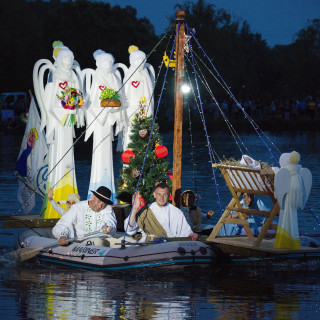Tricky Words in this week's OVI
Match. This can be a noun (a match) or a verb (to match), and the basic idea is putting two things together and seeing if they "cooperate" (work together) or if
there’s a difference between them. Think of a match as "zápalka" ("švablik"), and you see how it has to work together with the special surface of the matchbox so that it ignites (bursts into
flame). Think of a soccer or ice-hockey match, and you see how the two teams come together to compare their strengths and skills, to find out if there’s a difference between them (winner and
loser), or no difference (the result is a draw). Think of clothes and fashion, and you see how designers combine materials, colors and styles (as well as accessories) so that they "go together" –
they want them to match (hodiť sa).
Andy's Wordshop
"I, European" This makes me think about how to refer to people from different countries in English. First there are whole populations: the Americans, the Slovaks, the
English, the British, the French, the Germans, the Swiss – and immediately you see you have to learn them separately, because some of them are apparently singular (the English) and others are more
logically plural (the Slovaks). Individual people are even more complicated: I’m an Englishman, or a Briton, and she’s an American. Someone can be a Frenchman, a Scot, a Norwegian, a Swede, a Finn,
a Russian, a Czech, a Hungarian. Sometimes the name is the same as the language, sometimes it’s combined with -man or -woman, and sometimes it has a special form of its own. It’s always worth
checking.
Na podujatí Košické Benátky prezentovali svoje plavidlá aj naše spriatelené detské domovy.











